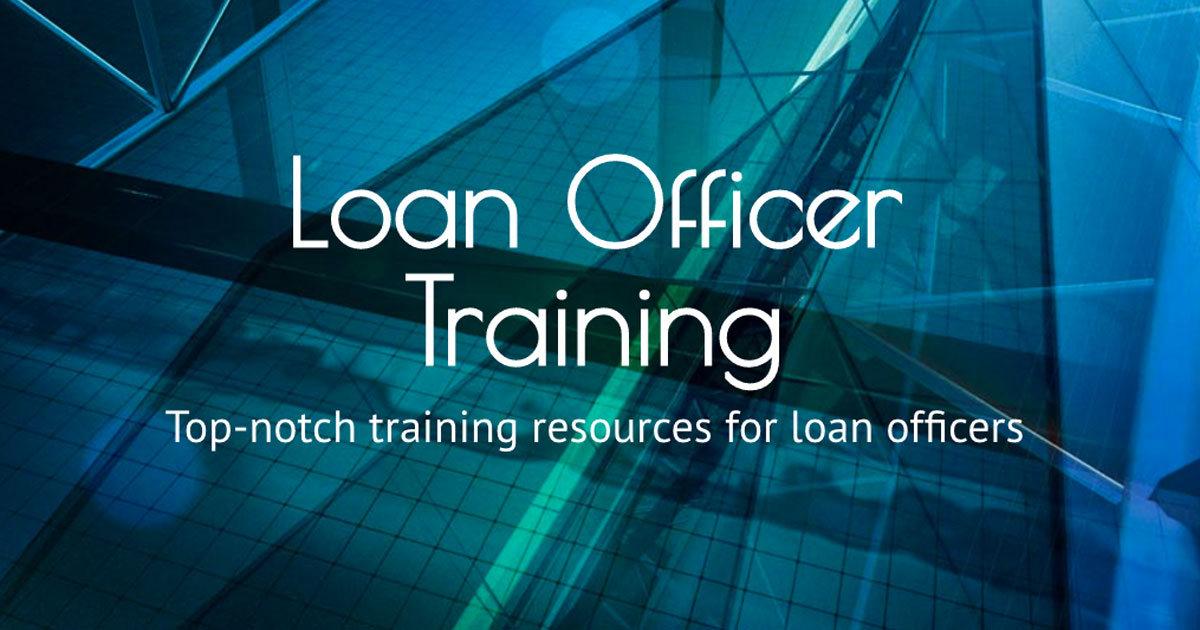What Training Do Mortgage Loan Officers Need?

A major part of most people’s home-buying experience is getting a mortgage. Prospective buyers will meet with a mortgage loan officer and discuss down payments, terms, interest, and other details that determine future happiness in a home as surely as securing that mortgage determines the ability to even buy a home in the first place. It may feel like the mortgage loan officer has an extraordinary amount of power as a gatekeeper to the dream of home ownership. How does someone get into that position, and what training and knowledge are needed to do that sort of job?
Education
Most mortgage loan officers have a bachelor’s degree, often in a finance-related field. It’s useful to have a broad understanding of business administration, economics, accounting, insurance, and real estate before advising customers on all the concerns that surround a mortgage. Courses in public speaking, human relations, and psychology may also be helpful in working with people, explaining complex concepts, and determining a customer’s comfort level with varying degrees of debt and risk.
Experience
Working in a bank or other financial institution can further strengthen a future mortgage loan officer’s skills in interacting with customers and understanding the products that lenders offer. This experience is particularly necessary for those who wish to become mortgage loan officers but do not have a four-year college degree. It’s possible to gain the necessary education and training on the job. Courses in nmls mortgage continuing education provide the extra training needed to qualify for mortgage loan officer certification.
Certification
Mortgage loan officers, sometimes called mortgage loan originators, need to be licensed by the state they’re working in. The requirements for that license are set by the Nationwide Mortgage Licensing System and include passing particular courses, passing an exam, and passing credit and background checks. Individual states have their own requirements added on top of that. Continuing education is needed to maintain the license and keep mortgage loan officers up on the latest developments in their field.
Experienced, well-educated mortgage loan officer who are working with the most current and accurate information available can have a huge positive impact on the mortgage getting and paying-off experience for homeowners. Consumers should feel comfortable asking about their officer’s qualifications and discussing what advantages these professionals bring to the table. A mortgage is a major life commitment, and a guide who is informed, personable, and skillful can provide invaluable assistance in finding funding that fits.




